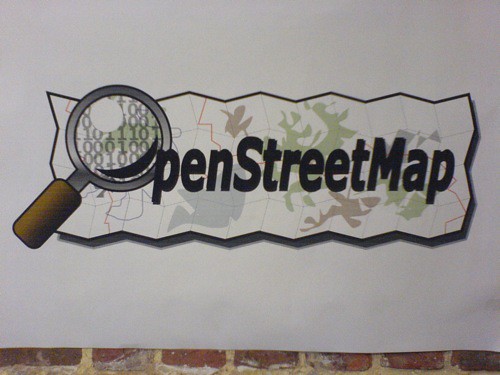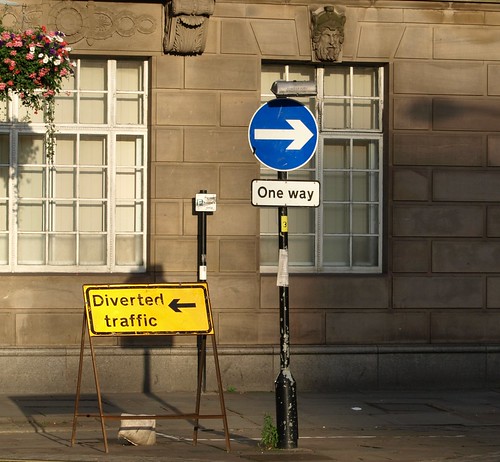iPass Connect on the Mac; great service, appallingly designed app
I find myself travelling a lot for work these days and that means a roaming service for wifi hotspots and hotel internet connections really makes life simpler. I could maintain subscriptions to The Cloud, T-Mobile Hotspots, BT OpenZone and so on and so on, but fortunately Yahoo! provides me with an iPass subscription.
iPass is great; it allows me to connect to pretty much every hotspot and hotel internet service there is. I've been using it for over 4 years now and can only think of a single time when I haven't been able to get a connection. I'm using it right now, sitting in the departures lounge at Berlin's Tegel airport waiting for my flight back to London.
So far, so great, but the current, Snow Leopard supporting, version of the iPassConnect app, v3.1, seems to have been designed by someone with scant regard for anything approaching consistency and usability. Let me count the ways in which this app frustrates.






